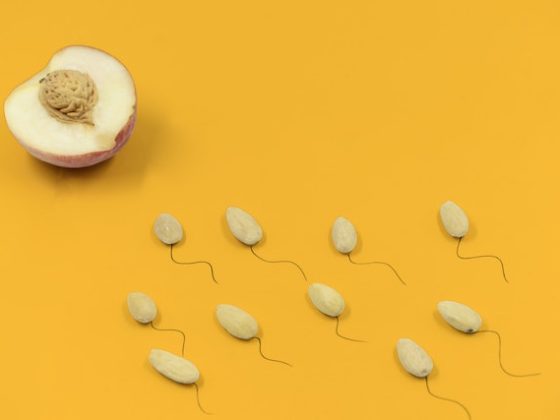Hey there! This post may contain affiliate links. As an Amazon Associate, I earn a teensy commission from qualifying purchases when you buy through these links (at no additional cost to you). For more info, please check the full disclaimer.
A study by the University of Illinois Chicago revealed that intermittent fasting might negatively affect the female reproductive hormones in pre and postmenopausal women.
The researchers further extrapolated from the analysis that short-term intermittent fasting that leads to mild weight loss poses a lesser risk of hormonal imbalance in women than strict dietary changes.
Intermittent fasting is a trending weight loss strategy among women. It involves not consuming any food for a specific time period during the day.
There are various types of intermittent fasting, but this study particularly focuses on time-restricted eating, which means you can only consume food within 4 to 10 hours. This dietary habit helps manage symptoms of diabetes and counter obesity.
The study found that a hormone called Dehydroepiandrosterone (DHEA) significantly decreased in both post and premenopausal women who practiced time-restricted intermittent fasting.
However, testosterone, progesterone, estrogen, androstenedione, and other hormones remain unchanged.
Read More: 8 Best Books for Menopause








